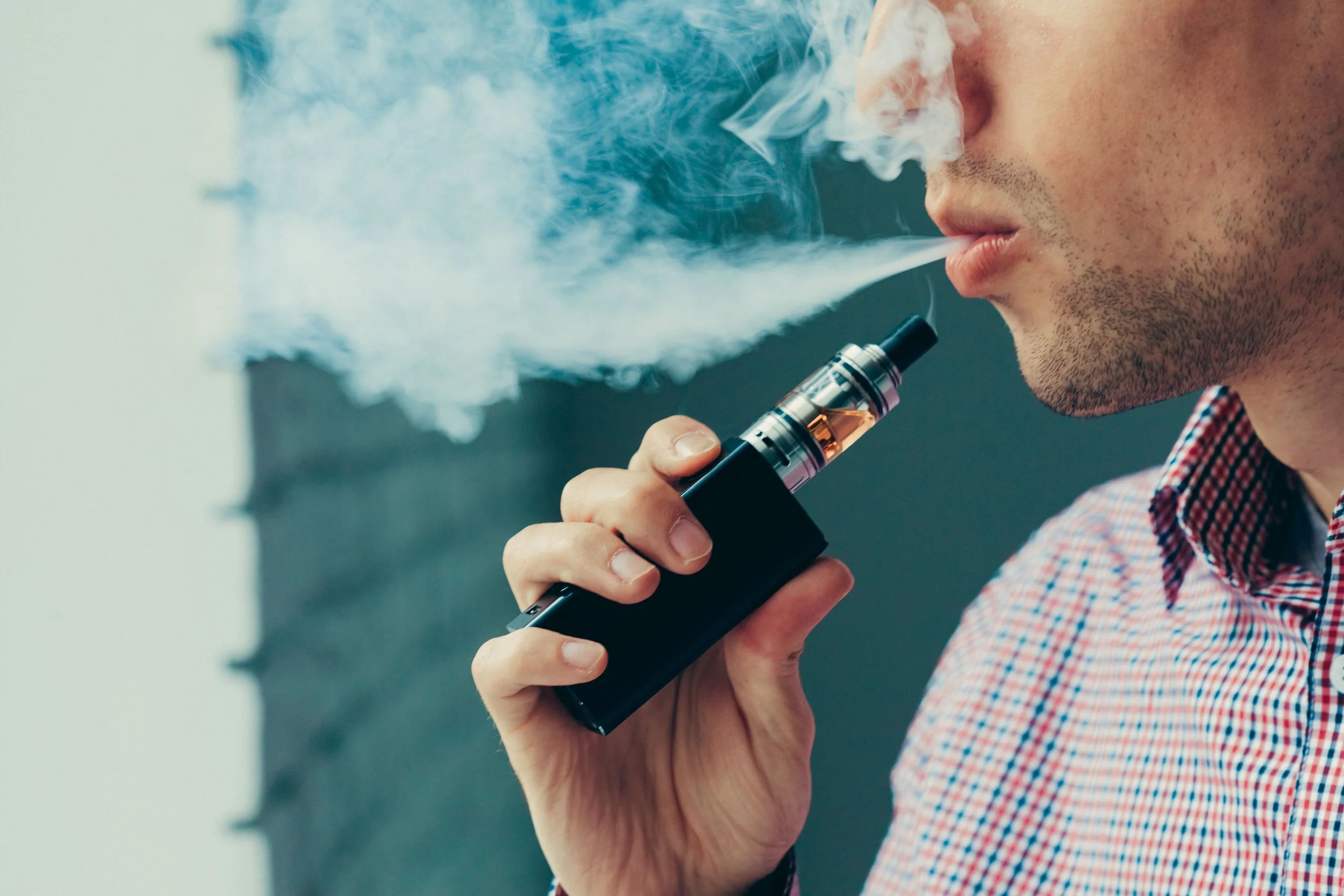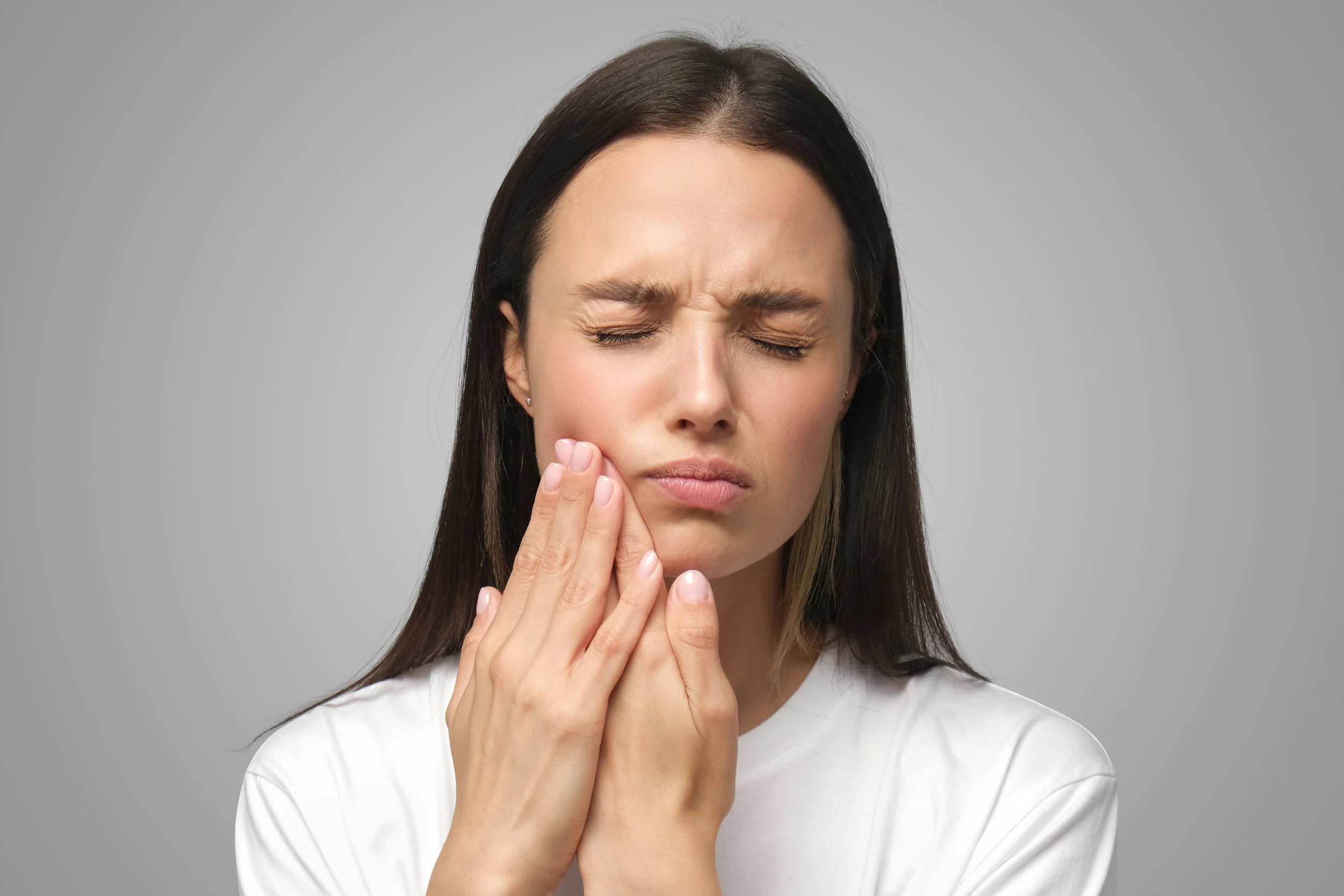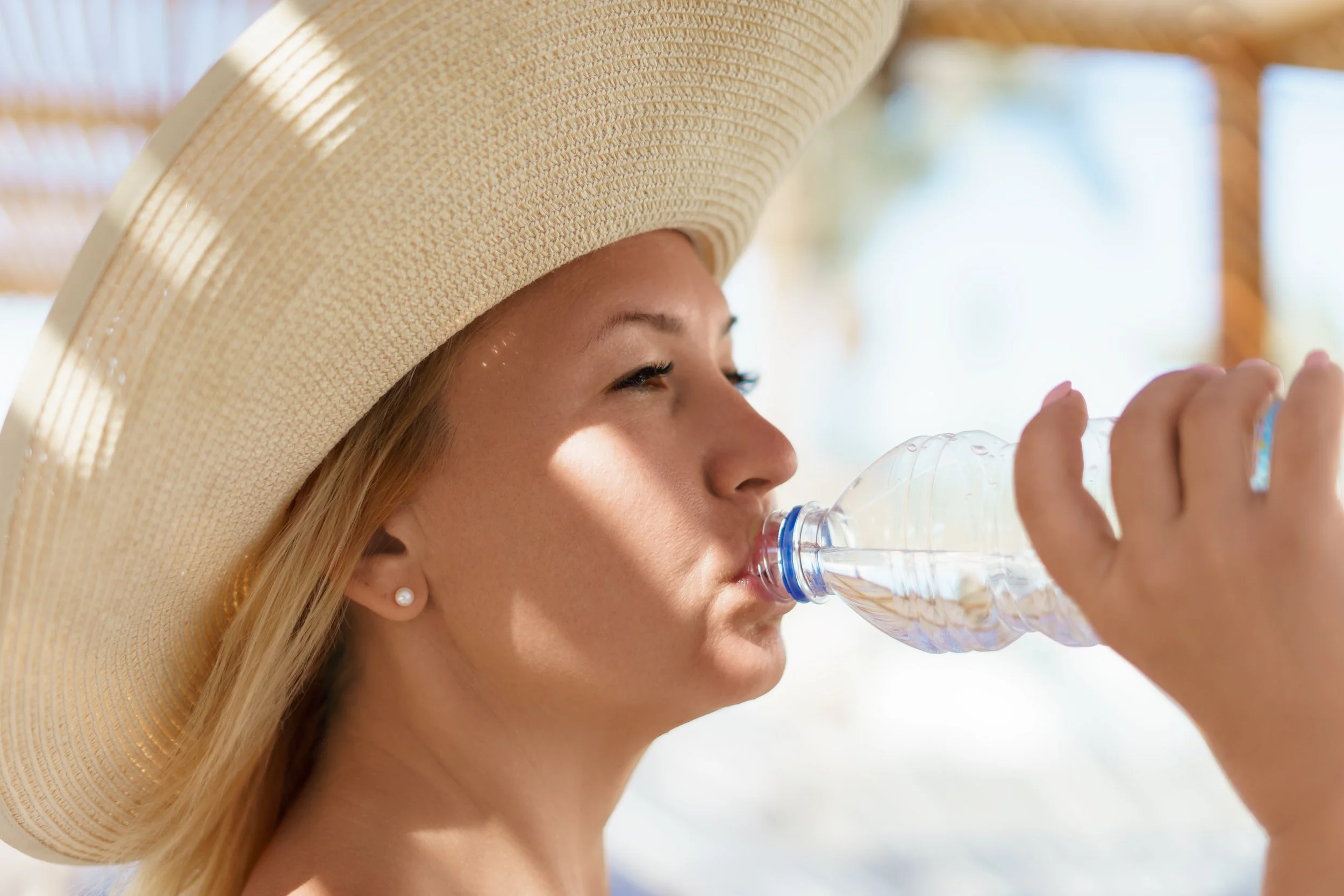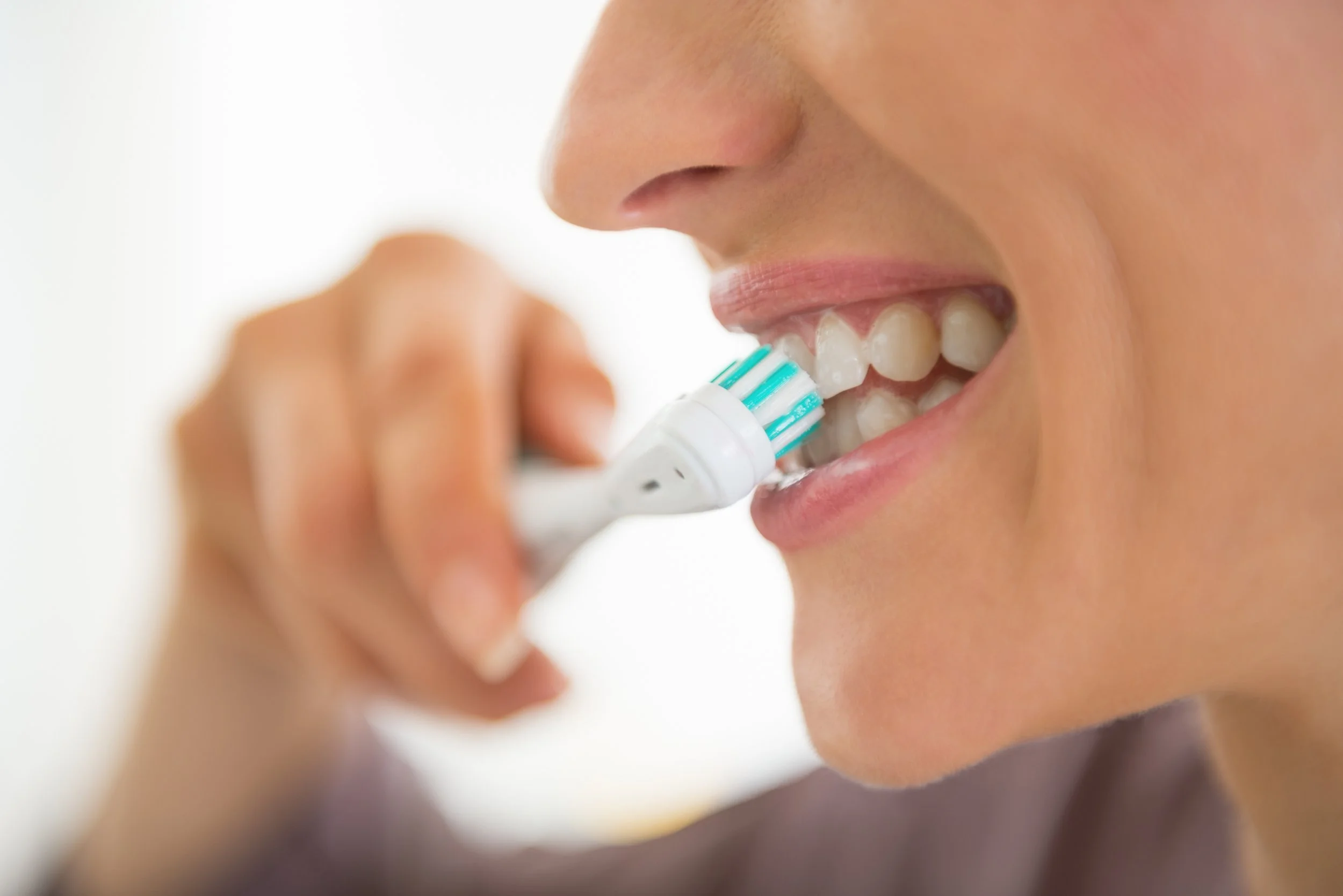It was about a month ago that Jerry came in for consultation. He was not happy about the way his teeth looked and wanted his smile to look more attractive for his daughter’s Wedding. Jerry was in his late 50’s. He had a history of high blood pressure. He occasionally took sleeping meds as he suffered from insomnia. “I am irritable and tired sometimes Dr. Samsavar. Life is stressful and I grind my teeth. That is why my other dentist made me a nightguard.” Jerry said.
On further questions and examination, I noticed wear on his teeth due to grinding. He had difficulty wearing the guard the dentist had made him. He felt it made him choke and not able to breath when sleeping. Jerry often felt fatigued during the day. He also snored very loudly.
I suggested Jerry to have a sleep study done to determine if he had sleep apnea.
Sleep apnea is a serious sleep disorder effecting 22 million American. Sleep Apnea occurs when a person's breathing is interrupted during sleep. People with untreated sleep apnea stop breathing repeatedly during their sleep. Obstructive sleep apnea typically lasts 10 to 30 seconds, recurring at a rate of 400 times a night. This means the brain -- and the rest of the body -- will get enough oxygen.
When someone has untreated sleep apnea, they are at a significant risk of developing one of the many complications of sleep apnea. These include Cardiac arrhythmia, Daytime sleepiness, High blood pressure (Hypertension), Myocardial infarction, Pulmonary hypertension. A person with sleep apnea might or might not also be a snorer.
One of the major dental evidence of sleep apnea could be bruxism or teeth grinding. During the sleep, relaxed jaw falls back, it could potentially obstruct the breathing. Brain signals the jaw to move forward to open the airway. This back and forth movement of the jaw cause wear of the teeth. Traditional hard night guard prescribed usually by dental offices for teeth grinding exacerbate sleep apnea. Opening the jaw artificially pushes the lower jaw further back closing the airway. People with sleep apnea often have daytime sleepiness or fatigue.
Common symptoms of sleep apnea include:
Loud or frequent snoring
Bruxism
Silent pauses in breathing
Choking or gasping sounds
Daytime sleepiness or fatigue
Unrefreshing sleep
Insomnia
Morning headaches
Nocturia (waking during the night to go to the bathroom)
Difficulty concentrating
Memory loss
Decreased sexual desire
Irritability
Reggie White was known as the “Minister of Defense” who was one of the most feared defensive linemen in the history of the National Football League.He was elected posthumously to the NFL Hall of Fame, Reggie inspired both teammates and foes, alike, while leading the Green Bay Packers to victory in Super Bowl XXXI. A stand-out All American at the University of Tennessee, Reggie also played in the NFL with the Philadelphia Eagles and the Carolina Panthers. Reggie past away at age 43. He was diagnosed with sleep apnea. He experienced a cardiac arrhythmia leading to his sudden death in his sleep. While CPAP was prescribed for Reggie White, he did not wear it because at least 50% of individuals with CPAP fail to wear the device for a variety of reasons. While Reggie was prescribed it, he was not CPAP compliant and did not know of any other option.
There are other alternatives like dental apnea devices custom made to not only protect the teeth but also open the airway. No one has to die prematurely–there’s a treatment option out there.
Jerry will be attending his daughter’s wedding with his gorgeous, new smile. I made him an oral sleep appliance to wear at night after he was diagnosed with a sever sleep apnea. He is off his sleeping and high blood pressure medications.
We love our patients!
The content on this blog is not intended to be a substitute for professional medical advice, diagnosis, or treatment. Always seek the advice of qualified health providers with questions you may have regarding medical conditions.











